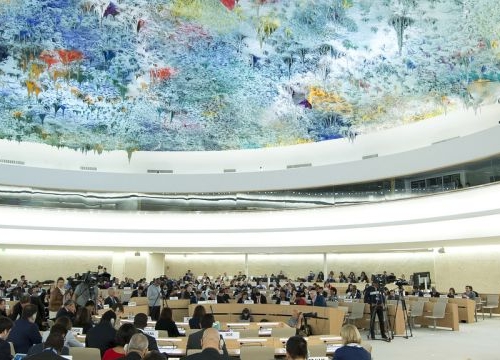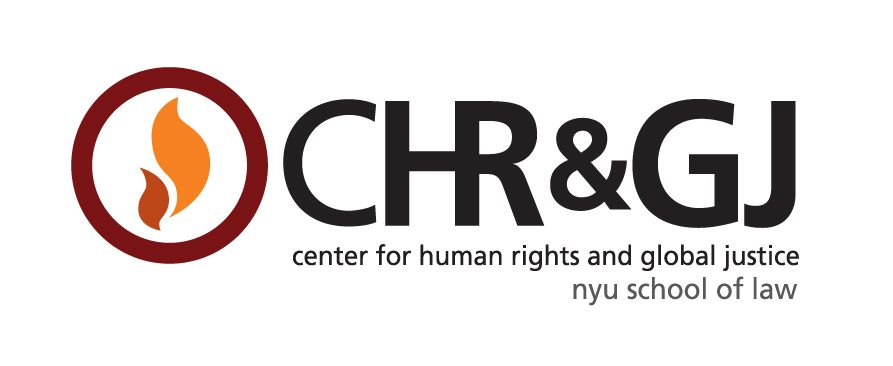The United Nations and Human Rights: A Critical Appraisal
Event


UN Photo/Jean-Marc Ferré

Panel discussion around the new edition of Philip Alston and Frédéric Mégret’s book ‘The United Nations and Human Rights’
Over the last decades, the United Nations (UN) has set up a remarkable and multi-faceted system of mechanisms for the protection and promotion of human rights and the monitoring of their implementation.
Within this system, functions have shifted and evolved, from the ECOSOC to the UN General Assembly (UNGA), or with the rise of the UN Human Rights Council (HRC)’s importance. UN treaty bodies (TBs) have multiplied and their speed of governance adaptation has not kept pace with the increasing numbers of parties, reports and individual complaints.
Numerous reform and review efforts have taken place, including the ongoing 2020 review of the TB system or the upcoming 2021–2026 review of the HRC. At the same time, the governance of human rights within the UN system has dramatically increased, notably with the development of the Office of the UN High Commissioner for Human Rights (OHCHR).
In this online event co-organized with the Center for Human Rights and Global Justice at New York University School of Law, some of the contributors to the new edition of Philip Alston and Frédéric Mégret’s book ‘The United Nations and Human Rights’ will critically examine the functions, procedures, and performance of each of the major UN organs dealing with human rights.
Panelists will share their views and insights regarding the interplay of the Charter-based and treaty-based organs, the roles of the UNGA, the HRC, TBs and OHCHR in how they individually and collectively engage in monitoring human rights implementation by UN member states.
Opening Remarks
- Vincent Chetail, Professor, Graduate Institute of International and Development Studies and Chair, Board of the Geneva Academy
Moderator
- Felix Kirchmeier, Executive Director, Geneva Human Rights Platform and Manager of Policy Studies, Geneva Academy
Panelists
- Philip Alston, John Norton Pomeroy Professor of Law, NYU School of Law
- Rosa Freedman, Professor of Law Conflict and Global Development, University of Reading
- Suzanne Egan, Associate Professor, Sutherland School of Law, University College Dublin
- Andrew Clapham, Professor, Graduate Institute of International and Development Studies
Asking Questions to Panelists
Please use the Zoom chat function to ask your questions, the moderator will make a selection of questions at the end of the presentations. There will be no possibility to interact by webcam and microphone in order to avoid connection issues.
Video
The United Nations and Human Rights: A Critical Appraisal
In this online event co-organized with the Center for Human Rights and Global Justice at New York University School of Law, some of the contributors to the new edition of Philip Alston and Frédéric Mégret’s book ‘The United Nations and Human Rights’ – Philip Alston, Rosa Freedman, Suzanne Egan and Andrew Clapham – critically examined the functions, procedures, and performance of each of the major UN organs dealing with human rights.








